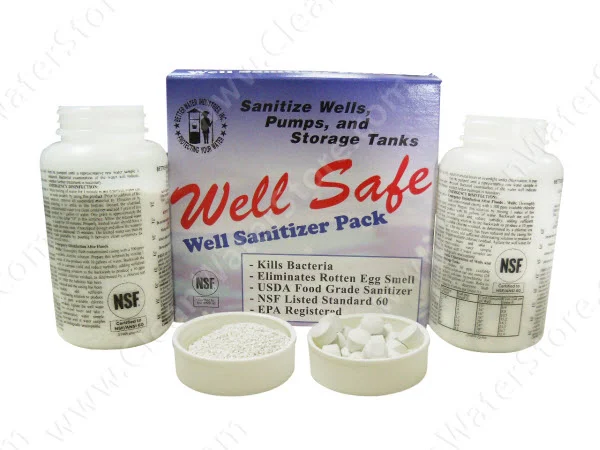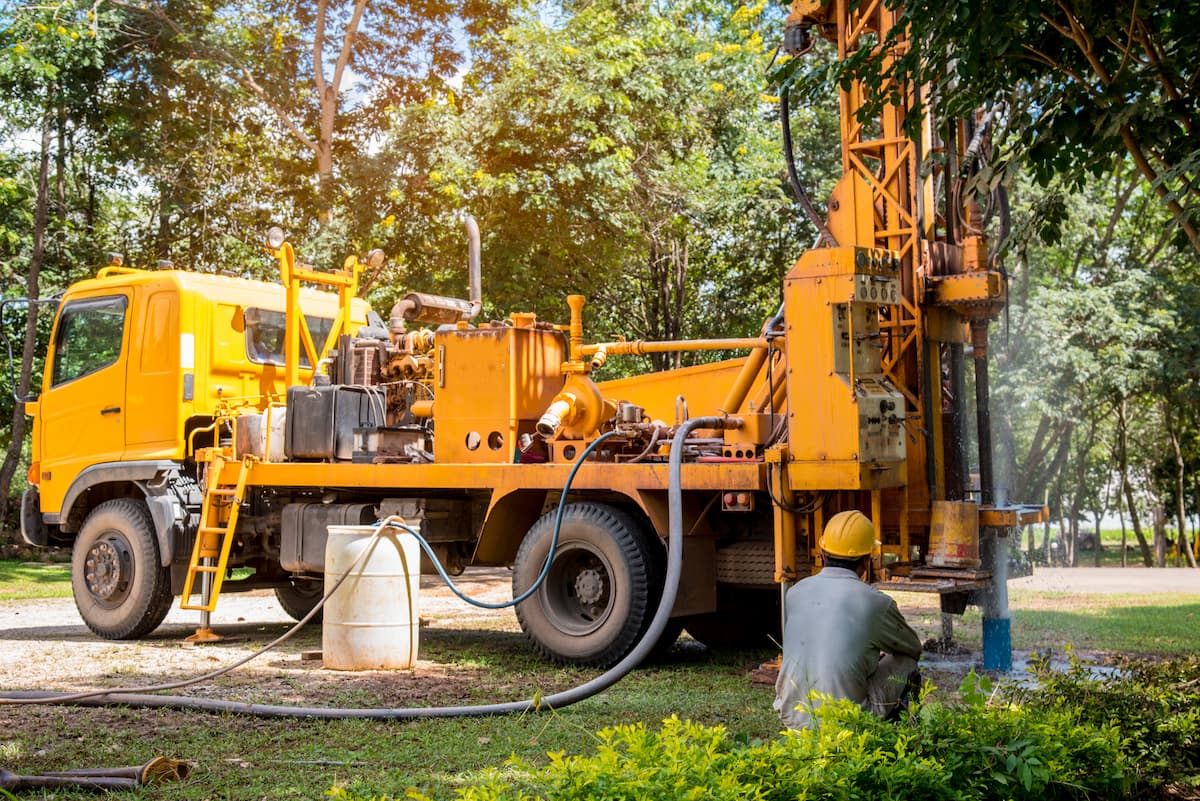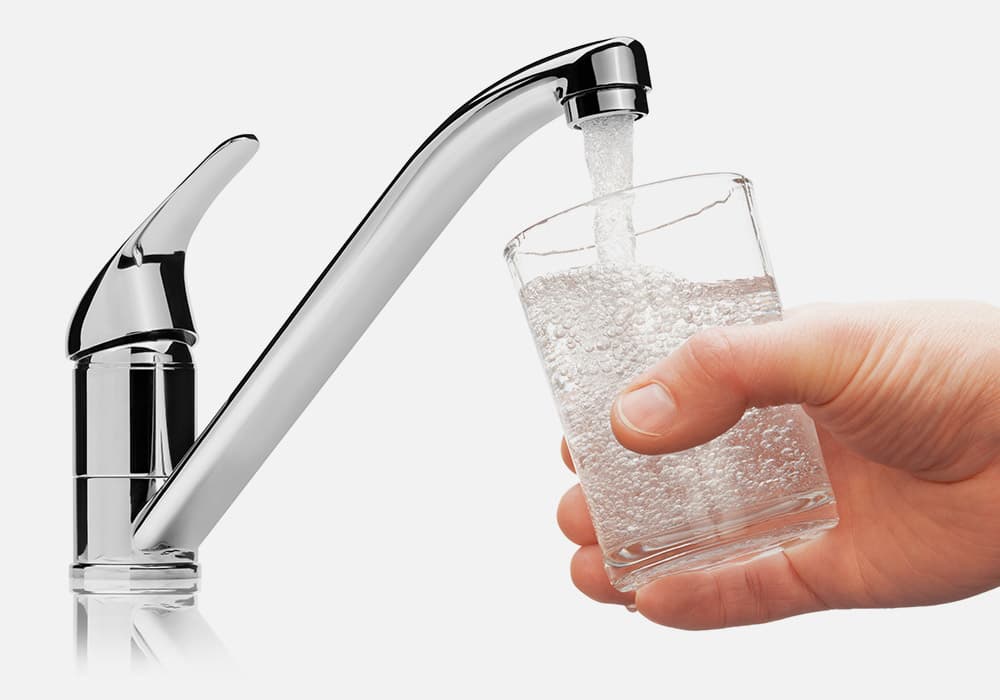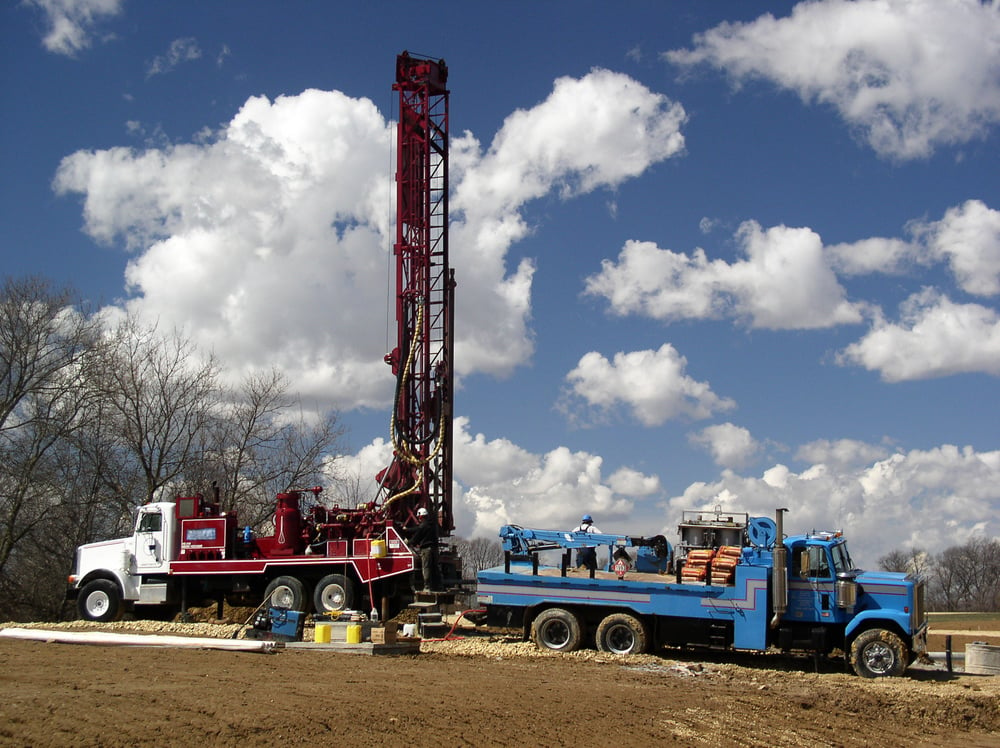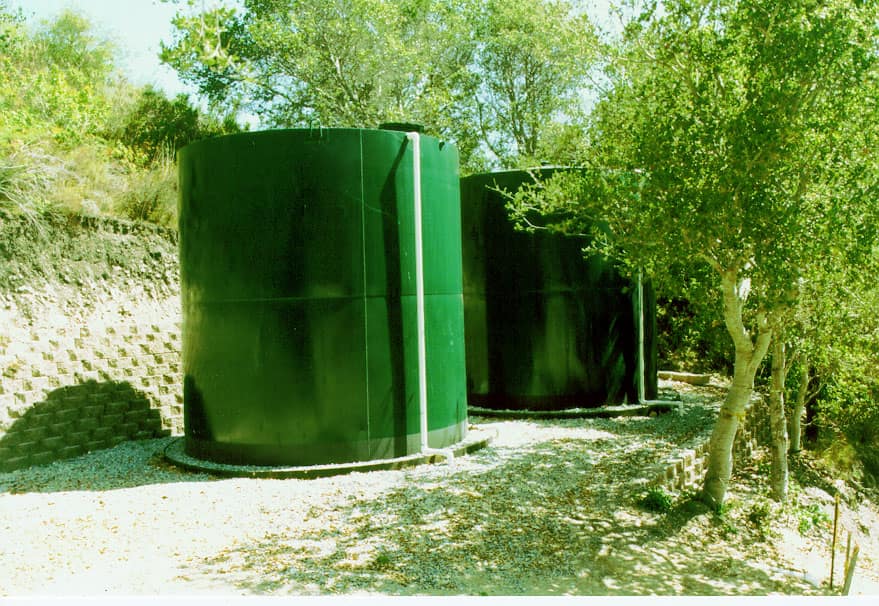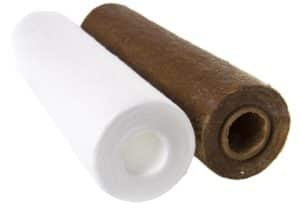12 Reasons To Use Saltless Water Conditioner over Conventional Salt-Based Water Softeners
Saltless Water Conditioner
Do you suffer from any of the following?
1. Dry skin
2. Dry hair
3. White mineral deposits on showers and bath tubs
4. White film on glasses or silverware
5. Noisy water heaters that make popping or cracking noises
6. Scale build-up inside pipes, appliances, fixtures, shower heads
If so, chances are good you have “hard” water. How can water be hard? Water hardness is simply minerals such as limestone that dissolved in water. These minerals are typically calcium and magnesium carbonates and occur when naturally soft rainwater contacts minerals in the ground and soil. The resulting water is full of scale-forming minerals.
You may have been told you need a water softener. Water softeners work by physically removing the hardness minerals and exchanging sodium in the place of these minerals in a process known as “Ion Exchange”.
Water softeners are very effective at eliminated hard water problems, but common complaints often are:
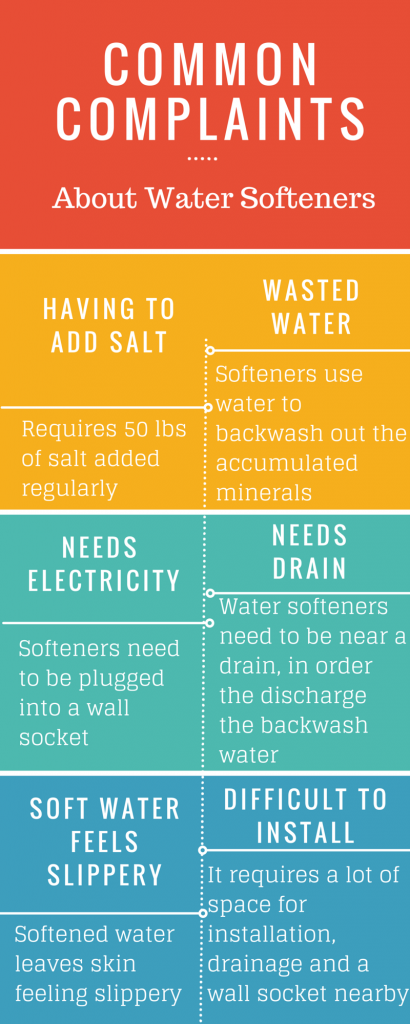
- HAVING TO ADD SALT. Softeners need 50 lb bags of salt added regularly, so this means ongoing costs for salt.
- WASTED WATER.Softeners use water to backwash out the accumulated minerals, and this can be a problem, particularly for those in drought-affected areas.
- WATER SOFTENERS NEED A DRAIN NEARBY. Water softeners need to be near a drain, in order to discharge the backwash water. If no drain is nearby, the water softener may be difficult to install. The water softener waste water contains salt water, so it must be discharged into the sewer or septic tank.
- ELECTRICITY IS REQUIRED. Water softeners need to be plugged into a wall socket, and sometimes there is no convenient place to plug it in.
- SOFT WATER CAN FEEL SLIPPERY. Many folks complain about the slippery feeling softened water leaves on the skin. Slippery feeling water when bathing is a result of the calcium being exchanged for sodium. While this is harmless, some people prefer hard water, for this reason, even though the hard water has drying effects on the skin and hair.
Saltless Water Conditioner Offers Green Alternative to Salt Based Water Softeners
A saltless water softener such as the Scale Stopper uses a technology that naturally conditions water and prevents scale formation without back-flushing, chemicals or salt.
It produces zero discharge and requires no electricity. This technology has been tested and proven by leading institutions, and hundreds of thousands of these conditioners are in use all over the world.
What It Does
This system uses TAC, also known as Template Assisted Crystallization. It is a consistent way to prevent the build-up of scale without the chemical, environmental hazards and the wastefulness associated with salt water softeners. The minerals are transformed into nano-sized crystals. The crystallized minerals remain in the water, now harmless; hence there are no waste products.
The scale stopper conditioners have beads in the area called ‘nucleation sites.' The mineral particles bind themselves into these beads and there, the crystallization process occurs. After these mineral particles turn into crystals, they are then released into the water.
This simple process neutralizes the water so your water can become soft water as simple as that. Because of its neutralization, there are heaps of advantages you can reap if you choose scale stopper systems over the traditional ones.
A saltless water softener has many benefits. You are advised to opt for Scale Stopper technology to condition your water when:
- You want to eliminate scale build-up in pipes and fixtures such as shower heads.
- You want to have easier-to-clean showers and appliances. White deposits are drastically reduced and what remains can be easily wiped off surfaces.
- You want to protect on-demand water heaters and other sensitive appliances such as washing machines and tank type water heaters from mineral build-up.
12 Reasons To Use A Saltless Water Conditioner over Conventional Salt-Based Water Softeners
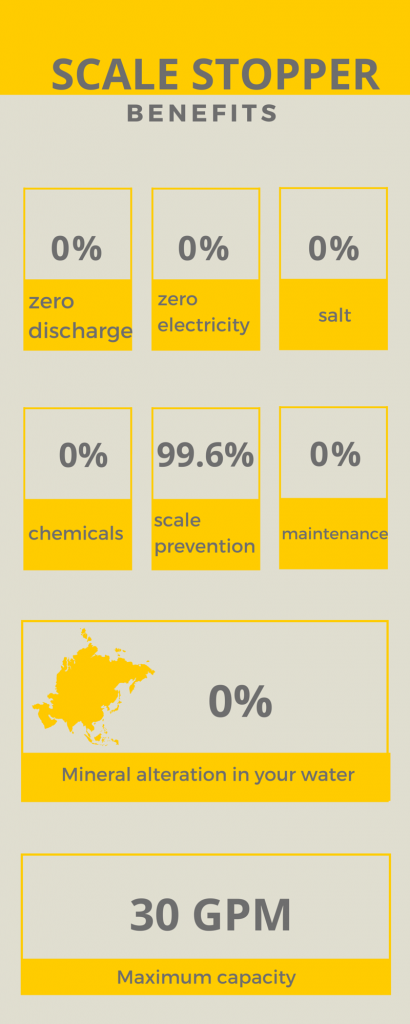
- You don’t have enough space – A saltless water softener, such as the scale stopper is very compact in physical design. You can save on space, and it can be installed practically anywhere you want inside or outside, as long it is protected from freezing.
- You have cardiovascular problems – scale stoppers do not add sodium to your water which is better for folks trying to limit their sodium intake.
- You want to conserve water and fight drought – Scale Stopper have no discharge and no waste water generated.
- You don’t want to use chemicals – this water softening technology does not use chemicals in any way.
- You don’t want to alter the mineral components of your water – salt-free softeners such as the scale stopper do not take or add anything to your water, so it’s healthier and more beneficial.
- You don’t want to bathe in slippery water – unlike water softener that are utilizing salt, this water conditioner does not produce slimy or slippery water.
- You want to save money – salt-based water softeners require salt, electricity, and other chemicals, while a saltless water softener would virtually cost you nothing – after your purchase.
- You want less or no maintenance – scale stoppers are designed for long-term use without much need for maintenance – it will just quietly do its job even if you let it be.
- You want your appliances to last longer – scale can affect many of your appliances, not only pipes. With this technology, you can prevent scale from causing your appliances a premature death.
- You don’t want scale on your boiler, tank-less water heaters, cooling towers and irrigation system spray heads. It also keeps solar heating systems, misting systems, humidifiers and other water treatment systems free of scale build-up.
- You want fast results in water softening – depending on the amount of water you need, various scale stopper sizes are available. You can choose one for your home with 1-2 bathrooms or commercial use as well. The maximum capacity of the biggest scale stopper is at 30 gallons per minute. However, higher flow rates are easily obtained by installing multiple systems in parallel.
- You want a verified product – Many studies have proven just how effective the scale stopper technology is, especially in terms of preventing and getting rid of scale. Some of these studies include that of the Arizona State University. The German Technical and Scientific Association for Gas and Water has also verified that the no-salt softener technology can prevent scale up to the efficiency of 99.6%!
Scale Stopper water conditioners not only provide the service that you need better than the traditional system, but it offers a much wider range of benefits as well.
Learn More: Hard Truths About Soft Water



